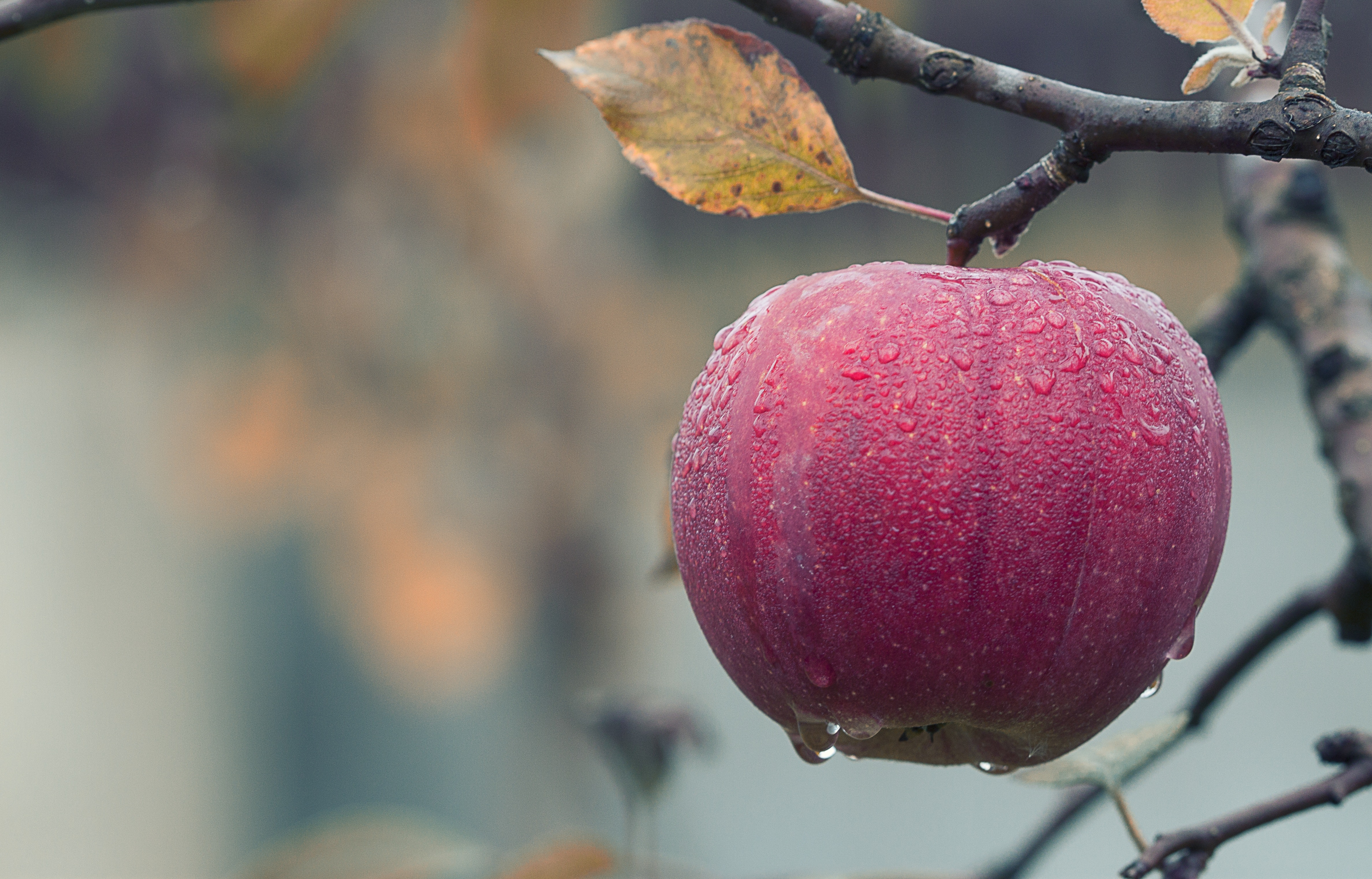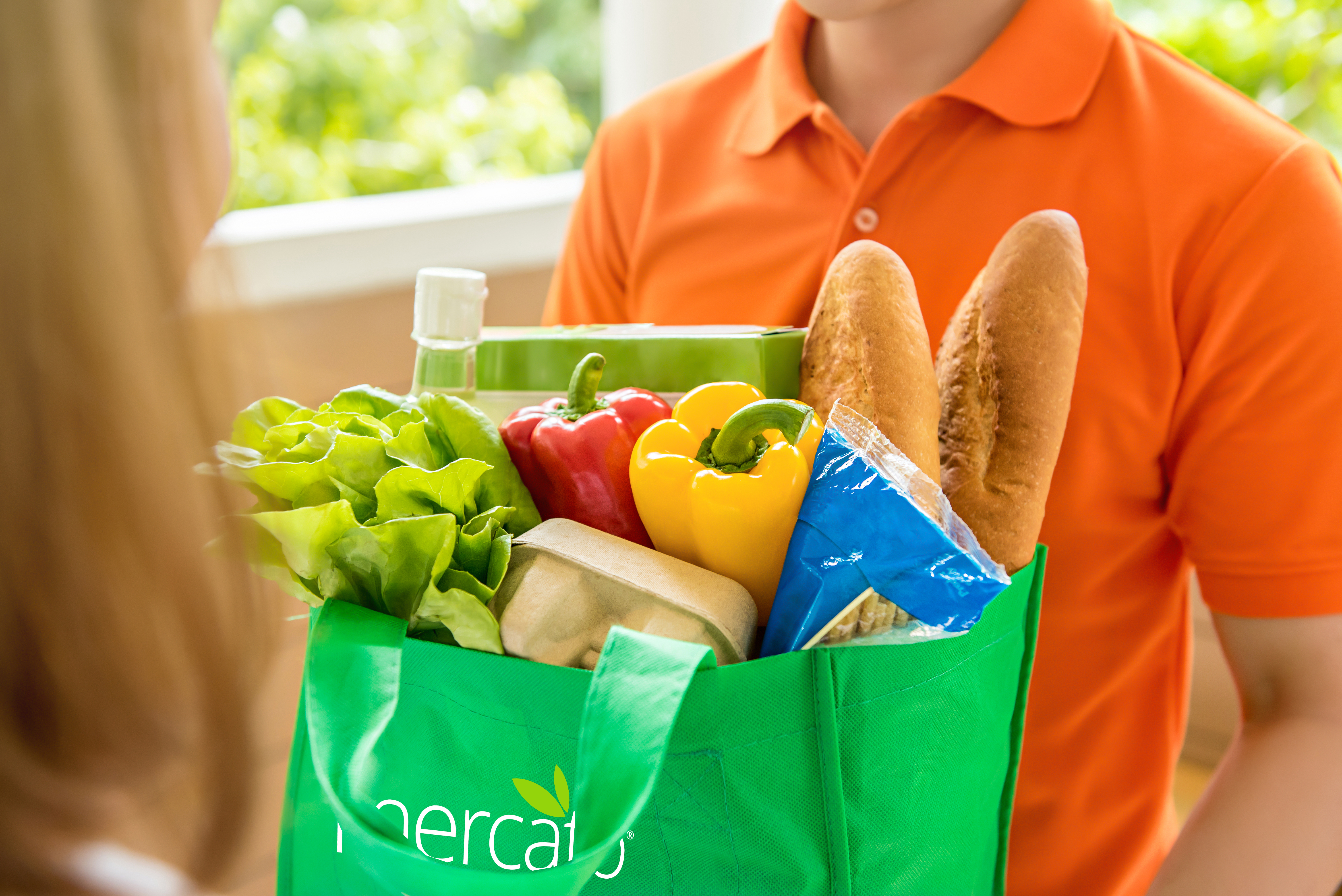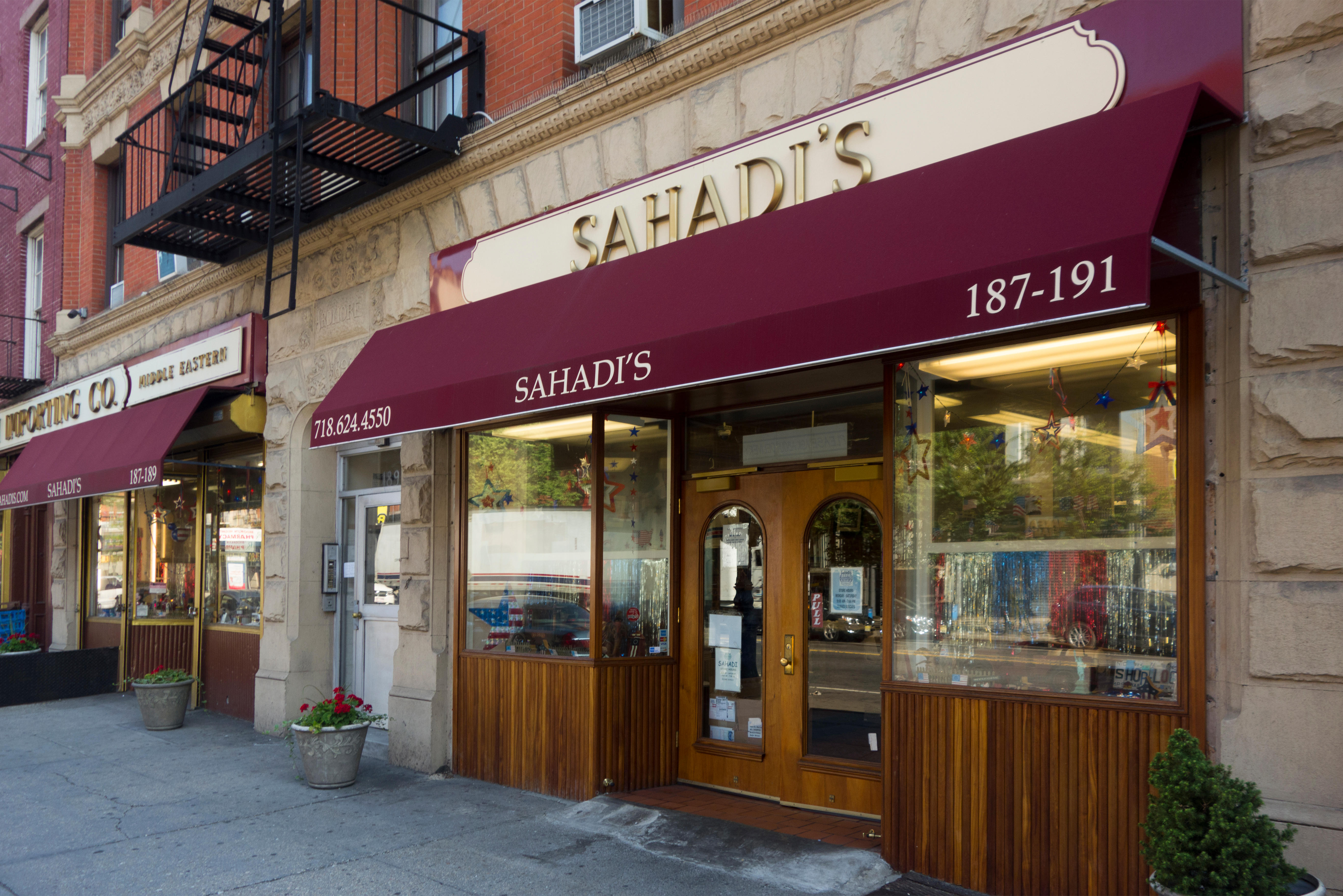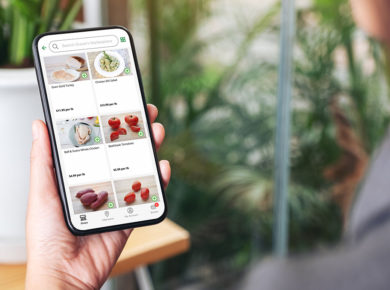Many of us have had the dream of starting our own business and being our own boss. Being an entrepreneur is a challenging occupation, even though, as serial entrepreneur Michael Loeb has said, “there has never been a better time to be an entrepreneur”. Many who have the dream of starting their own business don’t – because of the various risks and obstacles involved. However, there are a handful of people who do decide to take the risk (and reap the rewards).
In this current age, being a small business owner has become easier and more popular. There are more resources and support available and growing niche markets allow a variety of new business to thrive. According to the U.S. Small Business Administration, there are 30.2 million small businesses that represent 99.9% of the United States employment. With the growth of e-commerce and the ability to easily start selling online or join online marketplaces has further lowered barriers to entry.
More specifically, the specialty food sector has had a boom in small business owners with a diversification of natural food stores to health food stores.
U.S. Food & Beverage Industry
According to Statista’s “E-commerce Report 2018 – Food & Personal Care”, the Food & Beverage segment within the U.S. has reached a valuation of over $16 billion for 2018 and is expected to grow 12% from 2018 to 2022. It is an opportune time to get into the food industry in terms of both profitabilities and for growth. Food is one of the fastest growing sectors with increased consumer interest and knowledge around niche food stores – for example, natural foods and health stores.
The internet has also helped break cultural barriers and niches when it comes to produce, ingredients and cuisines. The proliferation of various diets and awareness around eating habits (e.g. the increasing popularity of veganism, vegetarianism, paleo diets, etc.) many consumers are more aware of where their food is sourced from and more willing to try new ingredients and “superfoods”.
The explosion in interest for natural produce and whole foods as well as the ease of joining online marketplaces, such as Mercato, are some of the reasons why specialty and natural food stores are becoming more popular and profitable.
Steps for starting a food shop
Figuring out where to start as a potential business owner can be tricky and sometimes daunting. Especially if you don’t know of standard procedures or where to look for resources. You may have the passion, love, and knowledge about certain types of foods or produce, but the logistics of owning or operating a business is a different matter. Here, we have compiled some steps from various guides to give you a beginning roadmap and overview to prepare yourself on this new business journey.
Conduct Research
Do you know what you’re getting yourself into? Do you know what the failure and success rates of natural food and/or health food store are (or the type of food store you’re trying to start?) Do you know what kind of business you’d like to be? Finding your niche or finding what is going to make your store unique will help you set up your brand and what you stand for. Niche also plays a big part in finding your target market and location. As a natural food store, will you specialize in gourmet food or artisan foods?
Preliminary research like the sample questions listed above should also include research into where will you set up your location and who the target audience will be. Which location and neighborhood make the most sense for the type of customers you’d need to attract to remain viable? Keep in mind different parts within a city have different demographics. The Balance Small Business talks about the art of marketing to specific customers for your products. Especially within organic foods, many customers come from different backgrounds not only are wealthy but, the majority are health conscious.
- What are the demographics of the neighborhood where your store will be based?
- What do they favor?
- What are the specific tastes and interests of those customers?
Business Plan
The first and most important thing to have is a plan on how you’re going to conduct your business.
What is a business plan?
A business plan is critical because it lays out how you’re going to run your business. It demonstrates your vision for the store, the goals you plan to achieve, how you plan to price your product or service, and the budget you plan to put in place. Having a solid business plan helps attract employees and future investors or partners.
Funding Your Store
One of the biggest challenges facing many small business owners has been raising capital to actually start purchasing inventory, facility expenses, and everything else that goes to starting a brand new business. However – don’t assume that you need to make a financial institution your first port of call.
LendingClub and Guidant Financial partnered-up to conduct a survey of small business owners and they asked the question “How did you raise capital and much did it cost?”.
The answers differed for owners but there were three that stood out, 59% reported that they used their own cash, family and friends accounted for 23%, 401-k totaled to 22% and surprisingly only 17% relied on a credit line and 7% relied on an SBA loan.
401-(k) business financing or also known as ROBS (Rollovers for Business Start-Ups) has become a very popular option for many small business entrepreneurs. Guidant Financial explained exactly what ROBS is, “anyone with at least $50,000 in a rollable retirement account, such as a 401(k) or traditional IRA, can use that money to start or buy a business — all while avoiding the tax penalties and early withdrawal fees that usually accompany removing funds from a retirement account before age 59 and ½”. This goes to prove that even though starting a business can be expensive it doesn’t necessarily mean you need a financial institute for help.
Partnerships
If opening a food or produce store is one of your dreams but, you’re currently developing your own quality food products or if you have a small store but want to expand your reach, then partnering could be the way forward for you. A big opportunity that is available to many is partnering with a grocery store or local food provider to sell your products. This is a great way to test out your product and see how well the market reacts to what you have to offer.
Permits and Licenses
To even put an open for business sign on your storefront you need to have all of your licenses and permits in order. Permits and licenses vary based on where you live but, the US Small Business Association does require that your store must follow the guidelines placed with the Americans with Disabilities Act ADA Guide for Small Businesses. You can find this guide at https://www.ada.gov/smbusgd and more information about food permits at https://www.fda.gov. Here are a few to keep in mind:
- Basic business operation license – (City or County)
- Federal employer identification number – (Federal and State)
- Fictitious business name permit – ( dba aka “doing business as”)
- Health department permits – (Critical for businesses selling food)
- Sales tax license – (Federal and State)
Resources
As a new small business owner, you may have plenty of concerns or questions in general. Not having a guide or knowing where to look can be difficult as well. We have compiled a few websites where you can find some of the basics on how to start a natural food store:
- State Retail and Food Service Codes and Regulations by State
- Applying for Licenses and Permits – U.S. Small Business Administration
- USDA Business & Industry Loan Fact Sheet
- U.S. Small Business Administration Funding
- Create a Business Plan – U.S. Small Business Administration
- Business Structures – Internal Revenue Service
- Applying for an Employer Identification Number – IRS
Starting your own business can be scary and even getting into a unique market like natural, organic, and healthy can get difficult and intimidating. The best thing to do when starting to begin your journey as a business owner is to be prepared and to understand the factors of starting your own business. Hopefully, the steps talked about in this article will help you succeed and grow your business.
Success Story
One of the most successful stores in New York City is Oren’s Daily Roast & Tea. Oren’s specializes in natural and fresh coffee and tea from all over the world. Everything Oren’s sells leaves their store within 24 hours. Oren helped lay the foundation for what many in the specialty coffee industry do today. Oren’s small business story started back in 1986 with the goal of offering the highest quality of coffee with the most exclusive coffee beans and the best methods of brewing.








